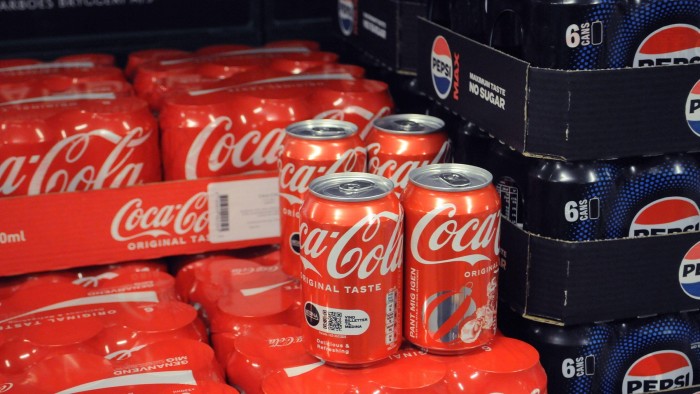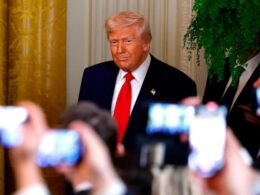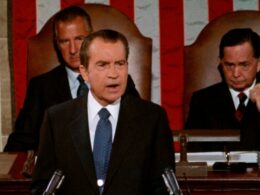Unlock the Editor’s Digest for free
Roula Khalaf, Editor of the FT, selects her favourite stories in this weekly newsletter.
Danish consumers are boycotting Coca-Cola, according to Carlsberg, which bottles the US brand in the country, as shoppers protest against Donald Trump’s foreign policy.
“Our Coca-Cola volumes are slightly down in Denmark,” said Carlsberg’s chief executive Jacob Aarup-Andersen. “There is a level of consumer boycott around the US brands . . . and it’s the only market where we’re seeing that to a large extent.”
The repeated threats by the US president to take the Danish territory of Greenland, potentially by force, have angered many Danes as has his administration’s criticism of Copenhagen.
Vice-president JD Vance has accused Denmark of not being “a good ally” despite the fact that Danish forces fought alongside US troops in Afghanistan and elsewhere, sustaining losses comparable to the US relative to the size of their population.
“Danes are pissed off. They remember those Danish soldiers’ bodies coming home, and now they feel disrespected. You can see why calls for a boycott [of US goods] would be popular,” one Danish official told the FT last month.
Speaking to investors following the Danish brewer’s first-quarter results on Tuesday, Aarup-Andersen said smaller local brands were gaining share from US brands as a result of the boycott, but that the impact on overall sales was “not dramatic”.
“We fully respect people’s decisions,” he said, adding that the company was neither for nor against a boycott. But he added that Coca-Cola and Pepsi were “both being produced by Danish brewery workers in Danish breweries so, these are very much, from our perspective, also Danish brands”.
Sales of local brand Jolly Cola have soared as Danes rejected the US fizzy drink in favour of a homegrown option. Supermarket chain Rema said year-on-year sales of the brand had soared 13-fold in March.
Similar brand nationalism has swept Canada, where consumers furious with Trump’s threats to annex the country and impose punitive tariffs have led to boycotts of some US goods.
Coca-Cola, which is emblematic of the US to consumers around the world, has been targeted by other boycotts in recent years.
Sales of the brand slumped in majority Muslim countries following the outbreak of the war in Gaza, as consumers railed against US brands in the wake of the Israel-Hamas conflict.
Coca-Cola did not immediately respond to a request for comment.
Carlsberg’s comments came as the Danish brewer reported a bigger than expected drop in organic sales volumes of 2.3 per cent in the first three months of the year. Global sales rose 17.4 per cent to DKr20.1bn (£2.3bn) in the same period, after being lifted by its acquisition of UK soft drinks business Britvic.
The company added that sales of Pepsi Max, which it bottles and distributes across Europe, were up in all markets. The figures did not include Pepsi sales in Denmark, where Carlsberg is not licensed to provide the product, suggesting the boycott of US soft drinks was limited to Denmark.
Coca-Cola also reported results on Tuesday. The company’s net revenues fell by 2 per cent in the first quarter to $11.1bn, but it said that it expected the fallout from changes to “global trade dynamics” to be manageable this year.
Source link









